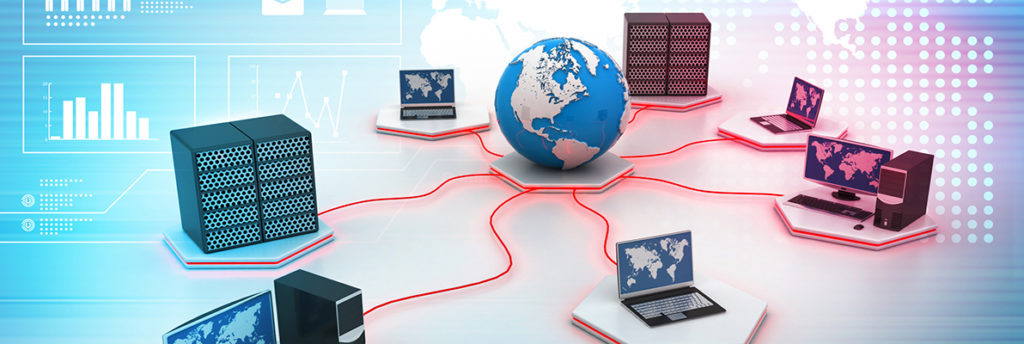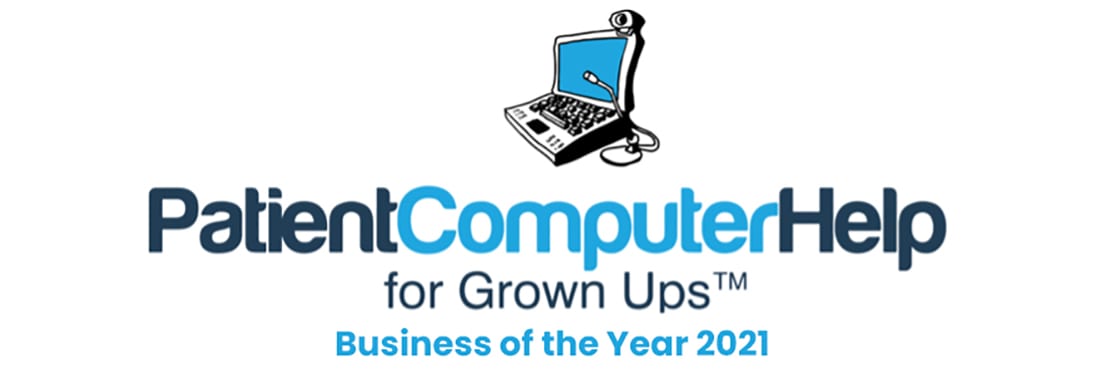
Because everything is done online these days, hacking and data theft are very serious problems. Your WiFi network can easily be compromised if it’s not properly secured. If you are like most people, once you have set up your wireless router, you may not think much about its security. As long as you have Internet access on any device you use, that’s all that matters. However, that is a big mistake because your personal and financial information can be vulnerable to hackers. There are several things you can do to ensure that your Wi-Fi is secure.
Encrypt Your Network
All WiFi routers have support for encryption. When you encrypt, it scrambles all the information that is sent over the Internet. Choosing the strongest form of encryption is wise. Currently, WPA2 encryption (Wi-Fi Protected Access Second Gen) is the strongest available, though it’s recently been hacked. Avoid using WEP (Wired Equivalent Privacy) or WPA because it’s out of date and makes your information transmitted by Wi-Fi vulnerable.
Change Your Default Router Password
When you first receive your WiFi router, it has a default user name and password in place, such as “admin” and “password.” These should be changed so that people who have access to your router cannot make changes. Note this is not the password for your WiFi, addressed further down this page.
Change the Network Name
The service set identifier (SSID) is the name that is broadcast by your router identifies your network. It can be obvious, like “Corson’s WiFi Network;” or it can be something else, like “FBI Surveillance Van,” which got more than a few of my neighbors excited. An option, if you choose, is to NOT broadcast the SSID. That way one would need to know the name of the SSID, along with the password, to find it.
When you use the generic network name, it makes it easier for someone else to gain access to your WiFi, such as a neighbor. For example, a Linksys router typically includes the name “Linksys” in its SSID, making it easier to identify the type of router. This is a good way of securing your WiFi because when you change the network name, it can get rid of anyone leaching off of your Internet who didn’t get permission to use it.
Activate Your Router’s Firewall
All wireless routers have their own built-in firewall. If it isn’t automatic, you should activate it. It can help to keep your network protected against hackers and data thieves. The firewall can say SPI (stateful packet inspection) or NAT (network address translation), but either one can add an extra layer of protection to your WiFi network once activated. A firewall helps keep out hackers looking for open and vulnerable parts of your network.
Turn Off Any Guest Networks
Some people create guest networks, with passwords, for any guest that comes to visit them and wants Internet access. This will allow people you trust to use your network with a password other than the one you use for your private network. People using the guest network cannot get access to your private information.
Enable MAC Address Filtering
All computers and mobile devices have unique identifiers known as a MAC address. This has nothing to do with Apple or whether you have a Windows or Macintosh computer. MAC address filtering allows WiFi routers to keep track of all the devices that are connected to them. Most routers allow the administrator to type in the MAC address of all devices they want connected, which keeps all others off the network. If it is not specified, it’s not getting in. Doing that is known as MAC address filtering.
Update Your Router’s Firmware
Wi-Fi routers have firmware just like other devices and software. When a manufacturer detects a certain flaw in the router’s software that can allow outsiders to gain access to a network, it releases firmware. You can either update it on your own if you’re tech-savvy enough or have a professional do it for you.
These methods are all good for ensuring that your WiFi is secure. It will keep hackers and even local WiFi leaches at bay so that only you and whomever you designate have access to your network.
